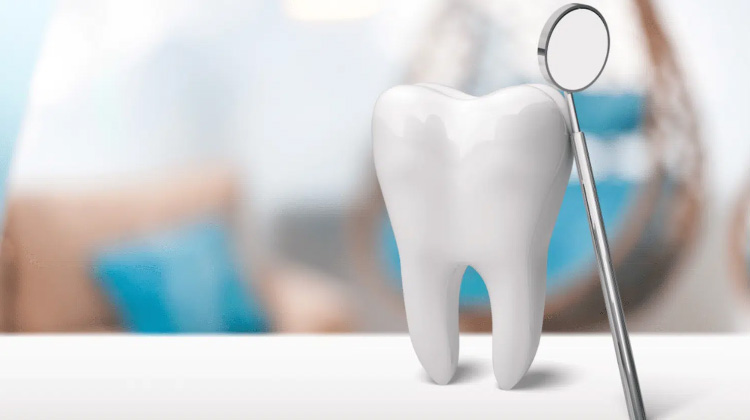
Dental Billing Best Practices for Medical Billing Companies
Dental care is essential for overall health, but the intricacies of dental billing can often be a challenge for both patients and providers. For medical billing companies, understanding the nuances of dental billing is crucial to ensure accuracy, efficiency, and customer satisfaction. In this guide, we’ll delve into the best practices for dental billing, making it easier for billing companies to navigate this complex terrain.
1. Understand the Dental Codes
Every dental procedure is assigned a specific code under the Current Dental Terminology (CDT) system. These codes are crucial for accurate billing, ensuring that procedures are correctly identified and billed to insurance companies. Familiarizing yourself with these codes is the first and most important step in achieving accurate and efficient billing. It helps you avoid errors that could lead to delayed or denied claims.
It’s essential to regularly update your knowledge with the latest CDT codes as they are frequently revised by the American Dental Association (ADA). These updates often include new procedures, modifications to existing codes, and the introduction of new billing categories. Staying up to date with these changes can ensure that you are not using outdated codes, which can result in claim rejections or underpayments.
Moreover, understanding the full range of CDT codes allows dental professionals to properly document and justify the treatments provided to patients, which not only ensures correct reimbursement but also provides clear, traceable records for future reference.
Investing time in understanding and mastering dental coding will enhance the accuracy of your claims, reduce administrative overhead, and increase the efficiency of your practice’s billing cycle. It is a vital component of a streamlined and successful dental practice management system.
2. Verify Patient Insurance Details
Before any dental procedure, it’s essential to verify the patient’s insurance details. This includes checking the coverage limits, any co-pays, and the validity of the insurance. This step reduces the chances of claim denials and ensures a smoother billing process.
3. Accurate Documentation
To maintain a steady cash flow and reduce the chances of claim denials, it’s crucial to submit claims promptly. Medical billing companies should prioritize timely submissions, ensuring that all required documentation and details are in place.
5. Regularly Review Claim Denials
Even with the best practices in place, claim denials can occur. Regularly reviewing these denials helps identify common issues and rectify them. This continuous improvement approach ensures that the billing process becomes more efficient over time.
6. Stay Updated with Industry Changes
The world of dental billing is ever-evolving. From changes in insurance policies to updates in dental codes, staying updated is crucial. Regular training sessions, webinars, and workshops can help your team stay ahead of the curve.
7. Embrace Technology
In today’s digital age, leveraging the right billing software can make a world of difference. Opt for software that’s tailored for dental billing, offers regular updates, and provides features like electronic claim submission and real-time tracking.
8. Maintain Clear Communication with Patients
Clear communication is the key to a successful billing process. Ensure that patients are aware of their financial responsibilities, any co-pays, and the billing process. This transparency builds trust and reduces the chances of misunderstandings.
9. Offer Multiple Payment Options
To make the payment process smoother for patients, offer multiple payment options. This includes credit card payments, online payments, and even installment plans for more expensive treatments.
10. Regularly Audit Your Billing Process
Lastly, regularly auditing your billing process helps identify any inefficiencies or areas of improvement. This proactive approach ensures that your billing process remains streamlined and efficient.
Dental billing, while intricate, can be navigated smoothly with the right practices in place. By understanding the nuances, leveraging technology, and maintaining clear communication, medical billing companies can ensure a seamless billing process, benefiting both providers and patients. Remember, in the world of dental billing, accuracy, efficiency, and transparency are the keys to success.
Want to learn more? Let’s discuss your needs on a quick call. Book your appointment now!
Stay updated with the latest news and industry insights — follow us on our social media channels!






